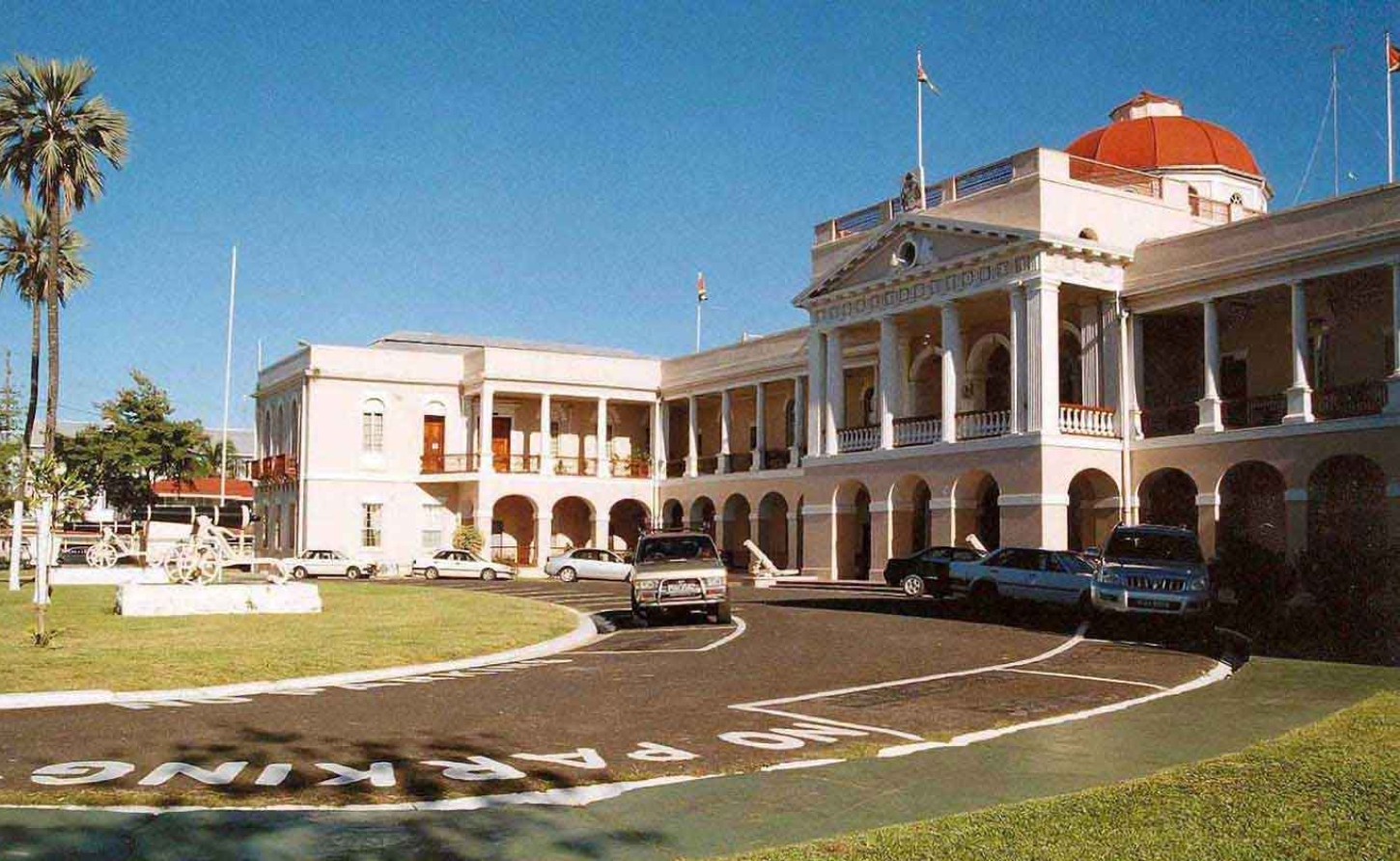GUYANA | The Keitel Complex: How Blind Loyalty Threatens Guyana's Future

GEORGETOWN, Guyana — History's darkest chapters often reveal themselves not through the actions of tyrants, but through the silent complicity of those who know better. In 1941, as Adolf Hitler's catastrophic military campaign swept across Europe, his top general Wilhelm Keitel recognized the inevitability of Germany's defeat by 1942.
Yet Keitel, choosing loyalty over reason, continued executing Hitler's most irrational commands—a fatal moral failure that sent millions to their deaths. Today, a political drama unfolding in Guyana bears the same troubling hallmarks of misplaced loyalty and ego-driven leadership.
The recent collapse of coalition talks between the People's National Congress Reform (PNCR) and the Alliance For Change (AFC) has exposed a leadership crisis that threatens to condemn Guyana's opposition to prolonged irrelevance.
At the center stands Aubrey Norton, whose political maneuvering eerily mirrors the self-serving tactics that have derailed democratic movements throughout history.
From the outset, insiders reveal, Norton orchestrated the coalition negotiations with a single-minded focus: securing the presidential candidacy for himself. He stacked the negotiating team with loyalists—modern-day Keitels within the PNCR who would echo rather than challenge his position.
These political operatives, sources confirm, privately acknowledge Norton's limited electoral appeal, with projections suggesting he cannot surpass 45% support even as a coalition candidate.
Yet they remain silent, trapped in a web of misguided allegiance.
The stakes could not be higher for Guyana's future. Public frustration with the ruling People's Progressive Party (PPP) has reached a boiling point, with widespread perception that the government has weaponized the country's oil wealth to entrench ethnic favoritism while allowing multinational corporations to exploit the nation's resources at the expense of working Guyanese.
In a twist that would be shocking if it weren't so predictable, reports now suggest these same foreign corporations quietly prefer Norton as the opposition's standard-bearer—not because they believe he can win, but precisely because they know he cannot.
His candidacy virtually guarantees PPP's continued dominance, ensuring an uninterrupted flow of favorable policies for external interests while denying Guyanese citizens the change they desperately seek.
Norton's behavior follows a troubling pattern established by his predecessor David Granger—growing increasingly isolated from critical voices and intellectual guidance.
Surrounded by yes-men, he has developed a fortress mentality that interprets any criticism as disloyalty, any alternative as threat. His insistence on contesting the presidency despite waning popularity betrays a profound selfishness masked as party loyalty.
Even more telling: senior PPP executives have reportedly expressed tacit support for Norton's inflexibility in the coalition talks. This should sound alarm bells throughout opposition ranks. The ruling party clearly views Norton as the opponent they most wish to face—a political punching bag who poses no genuine threat to their growing hegemony.
By contrast, a consensus candidate like Dr. Terrence Campbell could fundamentally reshape Guyana's political landscape. Untainted by factional disputes and commanding respect across traditional dividing lines, Campbell represents the kind of unifying figure that could mobilize the broad-based coalition necessary to challenge PPP rule.
Yet Norton refuses to entertain this possibility, seemingly more interested in settling old scores than in crafting a viable path to electoral victory.
The implications extend far beyond a single election cycle. This is about Guyana's trajectory as a nation at a critical juncture in its development. With Norton no longer holding the APNU chairmanship, the remaining member parties should seize this opportunity to collaborate with AFC under a revitalized APNU+AFC coalition, with Campbell as the presidential candidate.
While Nigel Hughes commands deserved respect for his contributions, the political moment demands fresh faces and new energy. To complete this ticket of transformation, Indigenous rights advocate Laura George would make an ideal running mate.
Her inclusion would not only energize Indigenous communities but bring critical representation to the national stage. Polling data indicates she enjoys broader support than other potential candidates like Juretha Fernandes.
A Campbell-George ticket would force a long-overdue reckoning within the PNCR, potentially reducing it to third-party status—precisely the shock therapy needed to spark meaningful introspection. For decades, the party's leadership has treated supporters as mere voting machines rather than stakeholders deserving of responsive governance.
The PNCR would do well to study political models from around the world, where party leadership and presidential candidacy are not automatically conflated. Such separation encourages internal accountability and allows diverse talents to emerge at the highest levels of government.
As a self-described political scientist, Norton's failure to grasp this fundamental principle is particularly glaring.
Had Robert Corbin remained PNCR leader during Granger's presidency, Guyana might have witnessed more responsible governance, with the president answerable to party structures rather than positioning himself above scrutiny.
Norton seems blind to the fact that there is no dishonor in stepping aside for someone better positioned to lead while maintaining influence in a different capacity. As a minister or vice president in a coalition government, he would wield more practical power and command greater respect than he currently enjoys as an opposition leader with diminishing prospects.
Guyana stands at a crossroads. Its people hunger for change, but meaningful transformation cannot emerge from political vanity and obsolete power structures. The opposition must evolve—strategically, ethically, and organizationally—if it hopes to offer a genuine alternative to the status quo.
Aubrey Norton now faces a defining choice: to be remembered as the man who enabled another PPP term through stubborn self-interest, or as the leader who set aside personal ambition for his country's greater good. The era of Keitel-style obedience and ego-driven politics must end. Guyana deserves vision, courage, and unity.
The nation is watching—and history rarely judges kindly those who choose self-preservation over national progress.
-30-
